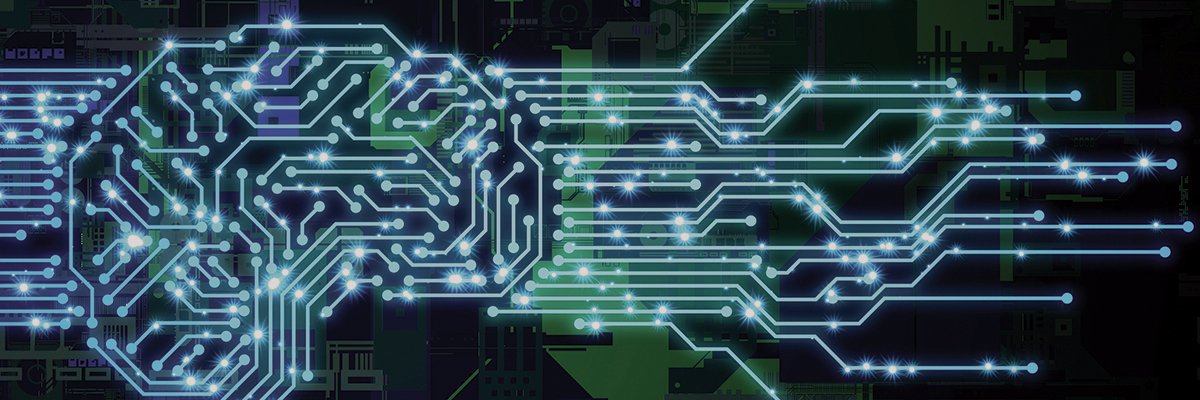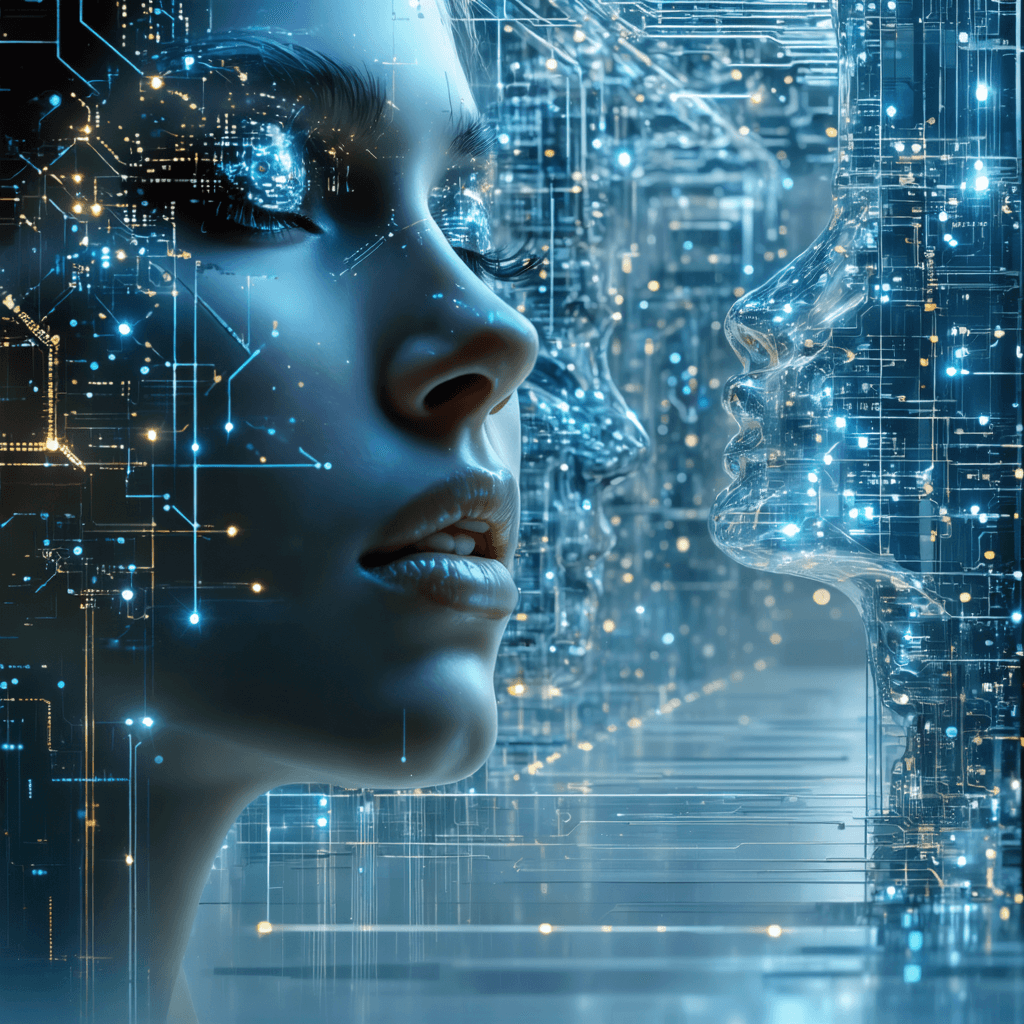20 Years of AI Revolution: From Silicon Dreams to Digital Reality Reshaping Our World
The last two decades have witnessed an unprecedented transformation in how we live, work, and interact, all thanks to the remarkable evolution of Artificial Intelligence. From modest beginnings to today's sophisticated systems, AI has emerged as one of the most transformative technologies of our time.
The Dawn of Modern AI (2005-2010)
The mid-2000s marked the beginning of what we now recognize as modern AI. During this period, machine learning algorithms became more sophisticated, and computing power increased exponentially. Companies like Google and IBM began investing heavily in AI research, laying the groundwork for future breakthroughs.
The Big Data Revolution (2010-2015)
The early 2010s saw the emergence of big data analytics and cloud computing, which provided the essential infrastructure for AI development. Deep learning algorithms began showing promising results in image recognition and natural language processing. This period witnessed:
- The rise of virtual assistants like Siri and Alexa
- Breakthrough developments in computer vision
- Enhanced recommendation systems transforming e-commerce
- Early applications of AI in healthcare diagnostics
The Deep Learning Breakthrough (2015-2020)
This period marked a significant turning point in AI capabilities. Neural networks became more sophisticated, leading to groundbreaking achievements:
- AlphaGo's historic victory over world champion Lee Sedol
- The emergence of transformer models revolutionizing NLP
- Autonomous vehicle technology advancement
- AI-powered creative tools for art and music generation

The Era of Accessible AI (2020-2025)
The most recent years have seen AI becoming increasingly democratized and accessible to the general public. Key developments include:
Transformative Technologies
- Large language models capable of human-like text generation
- AI-powered coding assistants
- Sophisticated image and video generation tools
- Advanced chatbots for customer service and support
Societal Impact
- Remote work revolution powered by AI tools
- Educational transformation through personalized learning
- Healthcare innovations in diagnosis and treatment
- Environmental protection through AI-powered solutions
Challenges and Ethical Considerations
As AI continues to evolve, several important challenges have emerged:
- Privacy Concerns: The need to balance innovation with data protection
- Ethical AI Development: Ensuring fairness and eliminating bias
- Job Market Impact: Addressing workforce displacement and adaptation
- Environmental Considerations: Managing the carbon footprint of AI systems
- Regulatory Framework: Developing appropriate governance structures
The Path Forward
The future of AI looks incredibly promising, with potential developments in:
- Quantum AI computing
- Enhanced human-AI collaboration
- Sustainable AI solutions
- Personalized medicine and healthcare
- Advanced robotics and automation
Industry Applications and Transformation
AI has revolutionized numerous sectors:
Healthcare
- Improved diagnostic accuracy
- Personalized treatment plans
- Drug discovery acceleration
- Remote patient monitoring
Finance
- Automated trading systems
- Fraud detection
- Risk assessment
- Personal financial planning
Manufacturing
- Smart factories
- Predictive maintenance
- Quality control
- Supply chain optimization
Education
- Personalized learning paths
- Automated grading systems
- Intelligent tutoring
- Administrative automation
Looking Ahead: The Next Decade
As we look toward the future, several trends are likely to shape the AI landscape:
- Hybrid Intelligence: Enhanced human-AI collaboration
- Sustainable AI: Focus on environmental impact
- Democratized Access: More accessible AI tools
- Ethical Framework: Stronger governance and regulations
- Innovation Acceleration: Faster development cycles
The Role of Education and Adaptation
To thrive in this AI-driven future, continuous learning and adaptation are crucial. Organizations and individuals must:
- Develop AI literacy
- Embrace lifelong learning
- Foster creative problem-solving skills
- Build ethical awareness
- Cultivate adaptability
Take the Next Step in Your AI Journey
Ready to be part of the AI revolution? Explore comprehensive courses and resources at 01TEK to develop the skills needed for tomorrow's technology landscape. Join our community of innovators and shape the future of AI.
Visit 01TEK Today to discover our cutting-edge AI courses and start your journey toward mastering the technologies of tomorrow.
Sources: 1. TechTarget AI Timeline 2. Our World in Data - AI History 3. World Economic Forum Tech Impact 4. Coursera AI History
Remembering you are going to die is the best way I know to avoid the trap of thinking you have something to lose.
Steve Jobs



